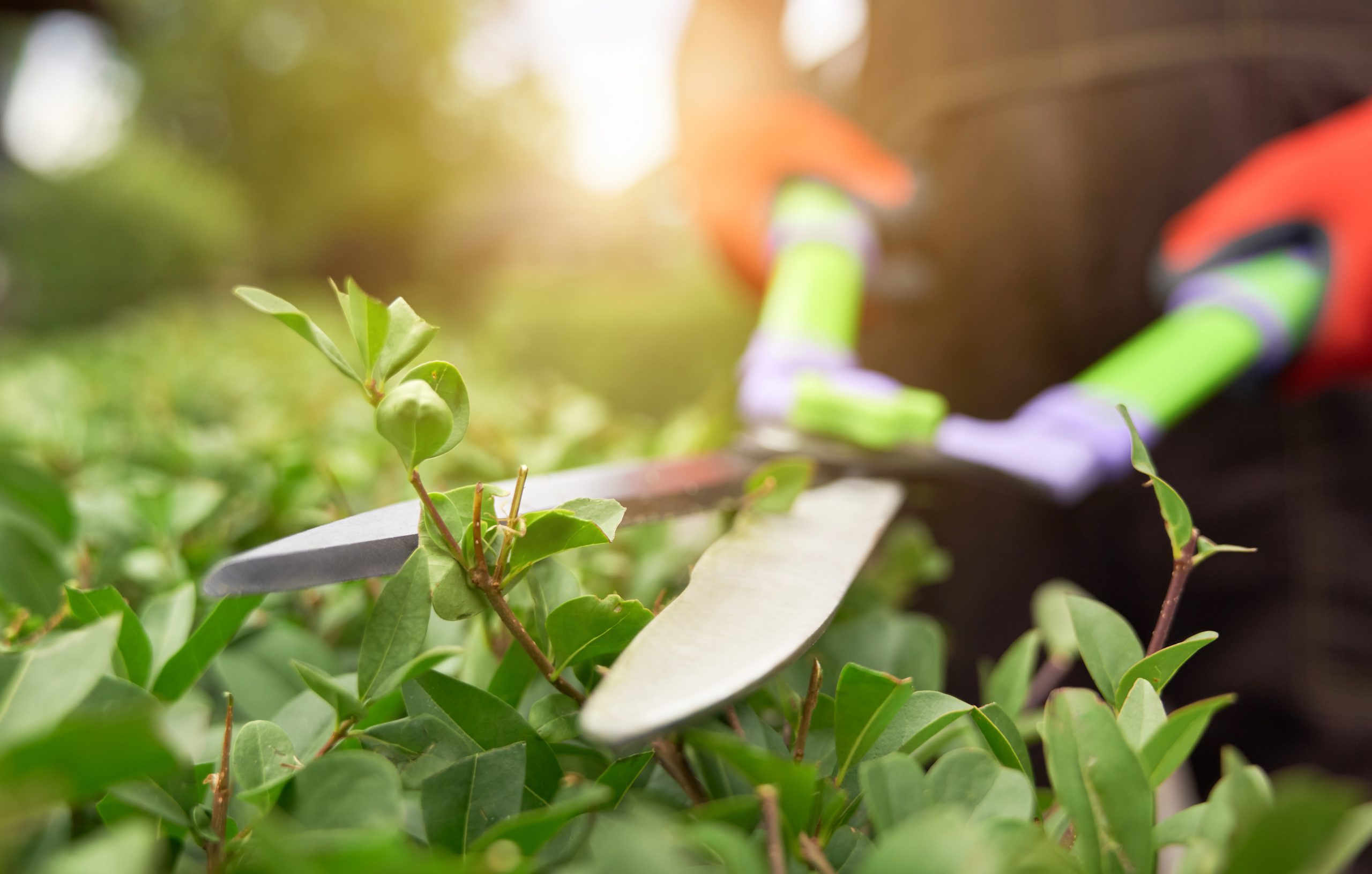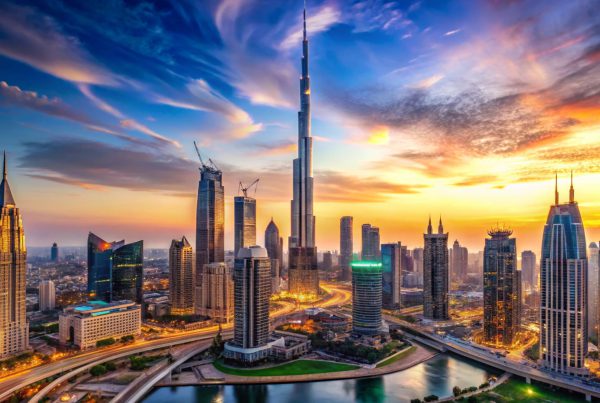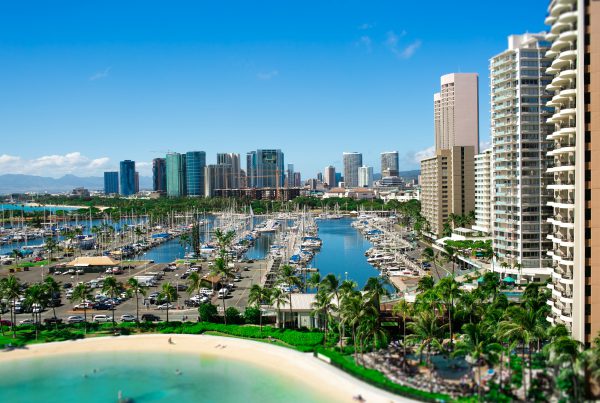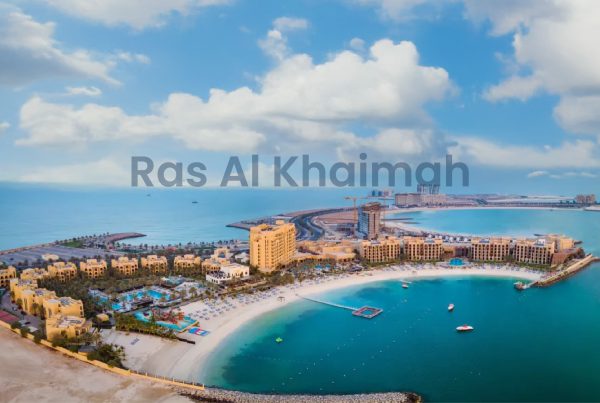Dubai’s scorching summer temperatures can pose challenges for apartment gardeners. However, with careful planning and suitable practices, creating thriving green spaces in your apartment during summer is possible.
There are several gardening companies in Dubai to help you to create an apartment garden in Dubai because it is a rewarding endeavor to enjoy the beauty of nature right at your doorstep.
This article will explore the essential steps to prepare apartment gardens for the summer in Dubai, ensuring your plants stay healthy and vibrant.
Benefits of Apartment Gardens in Dubai
Apartment gardens offer numerous benefits in Dubai. They provide a refreshing oasis amid the city’s hustle and bustle, allowing residents to connect with nature and enjoy the outdoors. Additionally, apartment gardens enhance the aesthetic appeal of your living space, improve air quality, and offer a sense of tranquility and relaxation. By preparing your apartment garden for summer, you can continue to enjoy these benefits even in the scorching heat.
Assessing Your Apartment Space
Before diving into apartment gardening, it’s essential to assess the available space in your apartment. Start by evaluating your balcony or terrace area. Measure the dimensions and consider any restrictions imposed by your building management. Identify which areas receive direct sunlight and which are more shaded by observing the patterns of sunlight and shade throughout the day. Choose suitable plants and design your garden accordingly.
Choosing Suitable Plants for Dubai’s Summer
In Dubai’s hot summer climate, selecting the right plants is crucial for the success of your apartment garden. Opt for heat-tolerant plant varieties that can withstand high temperatures. Drought-resistant plants that require minimal watering are also ideal. Research different plant species that thrive in Dubai’s conditions and choose those that suit your preferences and space limitations.
With the guidance of our best landscaping companies in Dubai, you can give proper care and attention to apartment gardens to flourish throughout the summer.
Let us look at a few plants that can survive in Dubai Summers.
- Carissa Macrocarpa, or Natal Plum, is an evergreen balcony plant adapted to heat. The shrub has white flowers, which have a strong and pleasant fragrance during nighttime.
- Frangipani is one of the best plants for sunny balconies. It comes with scented flowers and white and yellow petals.
- Petunia is another flower that is known to survive humid temperatures. You can add this plant for vibrancy to your Dubai balcony garden.
Soil Preparation and Fertilization
Proper soil preparation is essential for the health of your apartment garden. Use quality potting soil that offers good drainage and moisture retention. Enhance the soil’s fertility by incorporating organic matter and compost. These amendments improve soil structure, nutrient content, and water-holding capacity. Additionally, apply slow-release fertilizers to provide your plants a steady supply of nutrients throughout the summer.
Providing Adequate Sun Protection
During the scorching summer months in Dubai, providing adequate sun protection for your apartment garden is crucial. Excessive sun exposure can lead to wilting, sunburn, and even plant damage.
- Protect from harsh sunlight
To protect your plants from the sun, add a barrier over them. A shade cloth or a canopy can do the job. Check for plants that show signs of withering and move them. You could place them indoors or in a less sunny balcony garden.
If you have any terracotta or clay pots, wrap a wet cloth around them. These pots are not as heat-resistant, and the wet fabric can be a transpiration barrier. You can also add pebbles to the top layer of the soil of your potted plants to reduce evaporation.
To ensure the well-being of your plants, consider the following techniques for providing shade and protection.
- Using Shade Cloth or Umbrellas
One effective way to shield your plants from intense sunlight is by utilizing shade cloth or umbrellas. They come in various levels of shading, allowing you to choose the degree of protection your plants require.
Install the shade cloth or umbrellas above your garden area, ensuring it covers the plants during the hottest parts of the day. This method protects your plants from excessive heat and minimizes water evaporation, helping to conserve moisture in the soil.
- Placing Plants Strategically
The strategic placement of your plants can play a significant role in providing natural shade and sun protection. Observe the sun’s movement throughout the day and identify areas in your apartment garden that receive partial or filtered sunlight. These spots can serve as ideal locations for heat-sensitive plants that require a bit of shade.
For example, you can position taller plants or trellises on your garden’s western or southern side to cast shadows on more delicate plants during the hottest hours. By carefully arranging your plants at garden landscaping Dubai, you can create microclimates that mimic the conditions preferred by different species.
- Implementing Shading Devices
In addition to shade cloth and natural placement, you can incorporate various shading devices to protect your apartment garden from the harsh sun. Consider installing pergolas or lattice structures that provide overhead shade while still allowing some sunlight to filter through. This can create a pleasant dappled effect and protect your plants from direct exposure.
Remember to monitor the shade coverage and adjust as necessary to ensure each plant receives the appropriate amount of sunlight. With proper sun protection, your apartment garden in Dubai can thrive throughout the summer.
Watering Techniques and Irrigation
Proper watering is crucial for the health and vitality of your apartment garden, especially during the summer months in Dubai. Implementing effective watering techniques and appropriate irrigation methods will ensure your plants receive adequate moisture.
- Proper Watering Frequency
Determining the right watering frequency for your apartment garden depends on several factors, including plant species, container size, and prevailing weather conditions. It’s essential to balance keeping the soil consistently moist and avoiding waterlogged conditions that can lead to root rot.
To determine when to water, regularly check the soil’s moisture level by inserting your finger about an inch deep. If the soil is dry at that depth, it’s an indication that watering is needed. Remember that plants may require more frequent watering during hot and windy periods.
- Utilizing Drip Irrigation Systems
Drip irrigation systems are efficient and practical for watering your apartment garden. These systems deliver water directly to the base of the plants, minimizing water wastage and ensuring that moisture reaches the root zone where it is most needed. Drip irrigation systems consist of tubes or pipes with emitters that release water slowly and steadily.
They can be customized to suit the layout and size of your garden, allowing you to water specific areas or individual plants. Drip irrigation reduces the risk of fungal diseases by keeping the foliage dry, as water is directed to the roots.
- Use Organic waste
Mulching is a valuable technique for conserving moisture in your apartment garden. Apply a layer of organic waste as wood chips, straw, or dried leaves, around the base of your plants. Mulch acts as a protective barrier, preventing water evaporation from the soil surface.
It also helps regulate soil temperature and suppresses weed growth. Spread a layer of mulch about two to three inches thick, ensuring that it doesn’t touch the stems of the plants. Regularly replenish the mulch as it decomposes over time.
Make Summer Friendly Changes
Make a few changes to prepare your Dubai apartment garden for summer. When the weather changes, we all change our diets. For example, we love having hot baked goods more during winter than in summer. That’s because our bodies change internally to adapt to the transforming weather.
The same is the case with our plants. When the temperature rises, the soil loses its ability to absorb fertilizer nutrients. Therefore, consider buying liquid fertilizers which can be absorbed easily. Additionally, consider adding mulch to lock in the moisture in your soil. You can add composted mulch, such as bark chips.
These summer-friendly apartment balcony garden ideas can help you prepare your garden for summer in Dubai. Preparing apartment gardens for the summer in Dubai requires careful planning according to the unique climate and conditions. We hope that following the steps outlined in this article ensures that your apartment garden thrives and remains vibrant even in the scorching heat.
Comment on this article and let us know your thoughts.
Share your article and spread your love.
FREQUENTLY ASKED QUESTIONS
The watering frequency depends on various factors such as plant species, container size, and weather conditions. See to it that you keep the soil consistently moist but not waterlogged.
Yes, you can grow vegetables in your apartment garden. Choose heat-tolerant varieties and provide adequate sun protection and regular watering to ensure their success.
Some common pests in Dubai include aphids, whiteflies, and spider mites. Regularly inspect your plants and use organic pest control methods or insecticides if necessary.
Consider using vertical gardening techniques such as hanging baskets or planters. You can use vertical structures to grow climbers and maximize the available space.
Yes, natural fertilizers such as compost, worm castings, and seaweed extracts can benefit your apartment garden. They provide essential nutrients to the soil to improve its overall fertility.










